About the event
Blood cancers include leukaemia, lymphomas and melanomas and according to the World Health Organisation, around 320 000 people in Europe had leukaemia in 2022. Leukaemia is the most common type of cancer found in children, accounting for one-third of all childhood cancer cases. IHI and IMI have funded a series of projects focused on blood cancers: Harmony, Harmony+, T2Evolve and EASYGEN.
Many blood cancers are rare and healthcare practices vary across the EU, meaning that a lack of data has traditionally been a challenge. The Harmony and Harmony + projects gathered, integrated and analysed anonymous patient data from a number of high quality sources. Altogether, the projects developed a data lake of more than 120 000 records and harmonised more than 100 databases to the OMOP common data model. Thanks to this, a new benchmark has been set for the use of real-world data in haematology, and the data have been used to advance disease classification, treatment evaluation and patient stratification.
The T2Evolve project is investigating how to accelerate the development of new CAR-T cell therapy for blood cancers. CAR-T cell therapy works by extracting T-cells from the patient’s body, strengthening them, and then reintroducing the cells to the body. It is a promising treatment and has had some great success, but can sometimes cause serious or even life-threatening side effects – and more research needs to be done to improve the technology. For example, pre-clinical models could be optimised to better predict the efficacy and toxicity of CAR T cell therapies in development, improving patient monitoring and minimising unpredictable variables.
The new EASYGEN project is also working on advancing CAR-T therapies by improving the manufacturing process involved. CAR-T cell therapies are manufactured individually for each patient, and the process typically takes between four to six weeks. This time lag can be dangerous for patients, as their condition may deteriorate, and they must be monitored continuously to ensure that they remain good candidates for the treatment. EASYGEN aims to develop an automated, modular, point-of-care cell and gene therapy manufacturing platform that would allow hospitals to generate CAR-T cells on site, thus reducing manufacturing time to under 24 hours, cutting treatment costs by 50 % and making CAR-T accessible to more patients.
Session recording and presentation
Meet the speakers
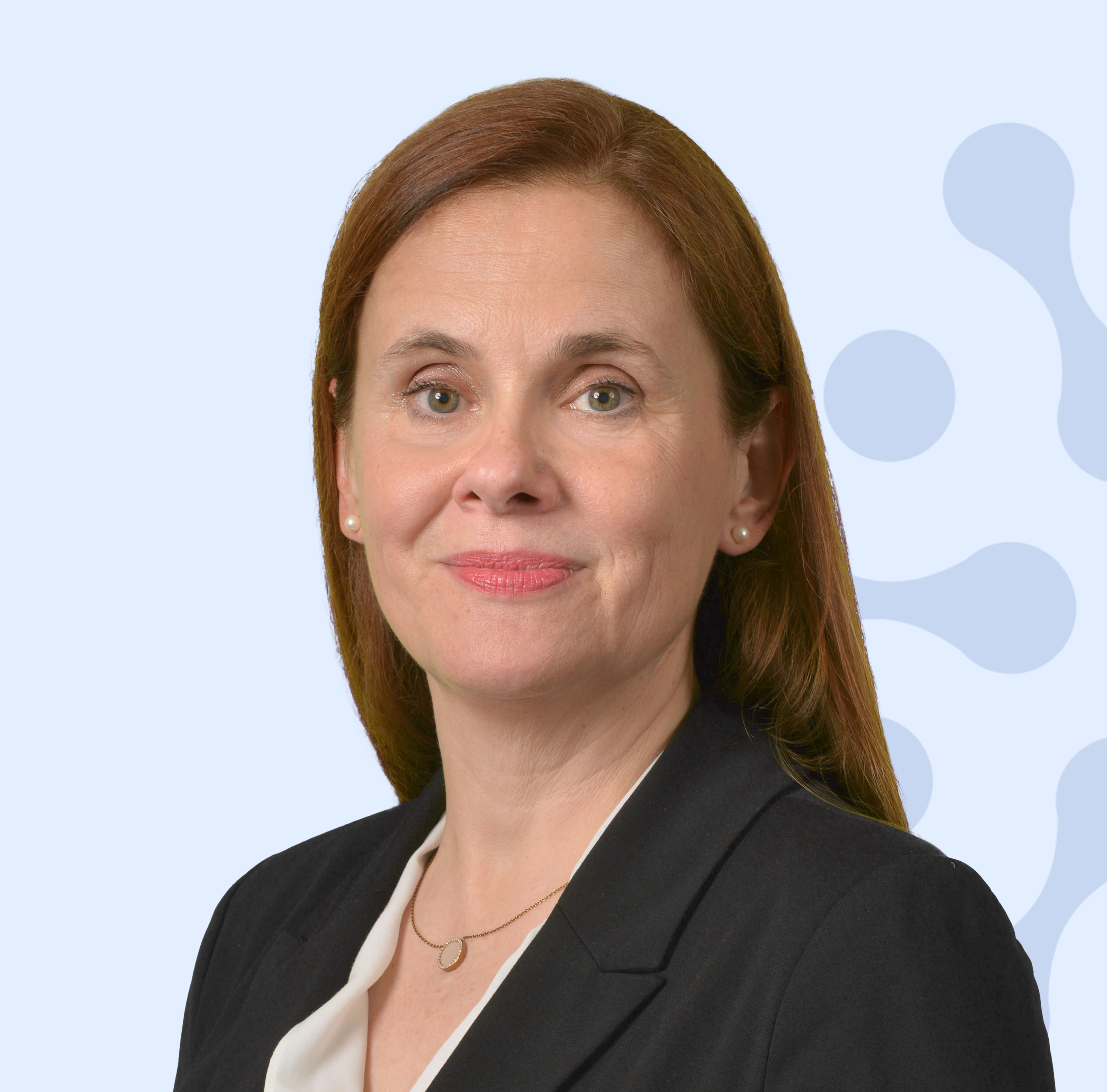
Vice President, Head of Research Office
Fresenius SE & Co, KGaA
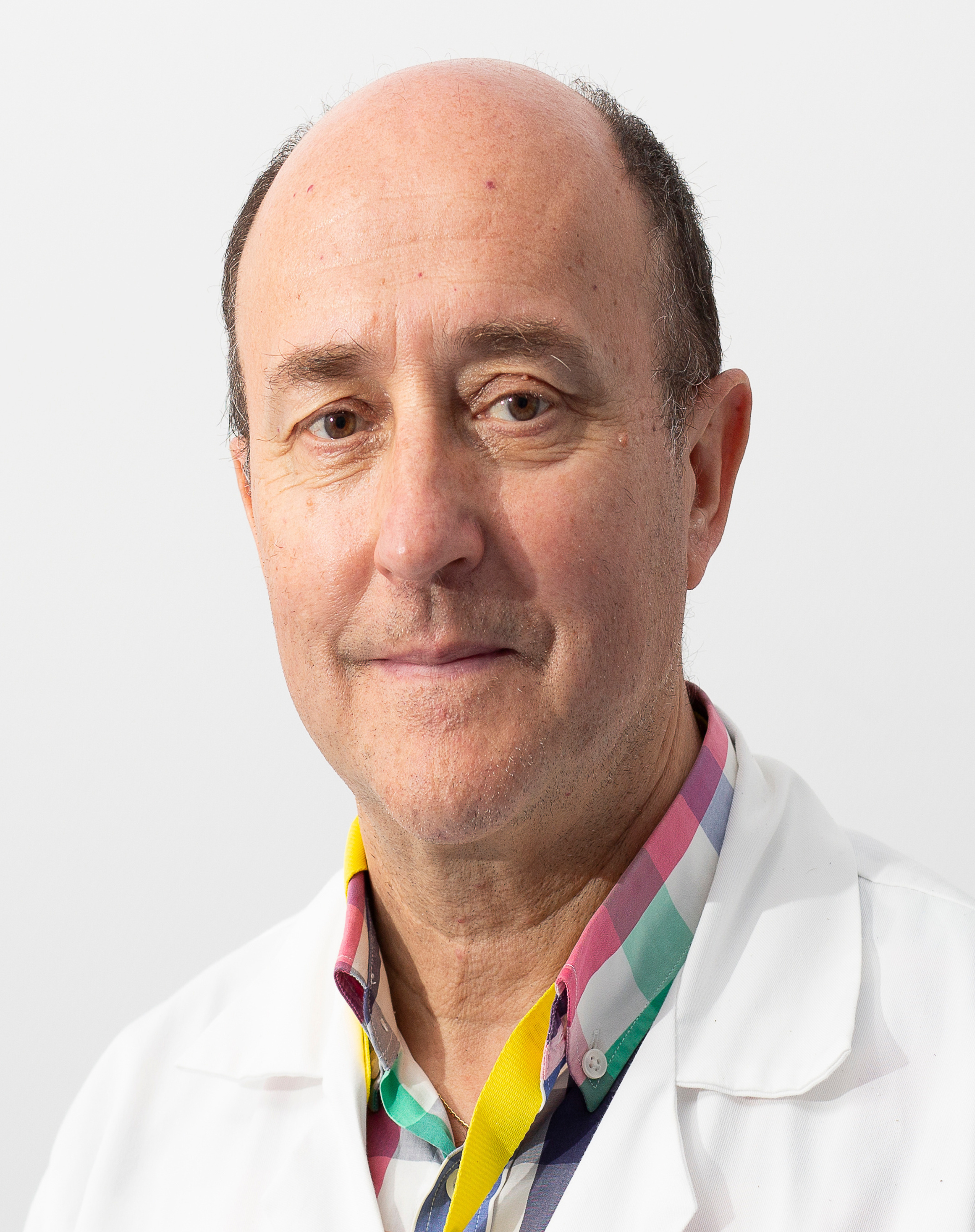
Department of Medicine, Department of Hematology
University and Hospital of Salamanca, Spain
Lead research and vice-director
ISBAL, Spain
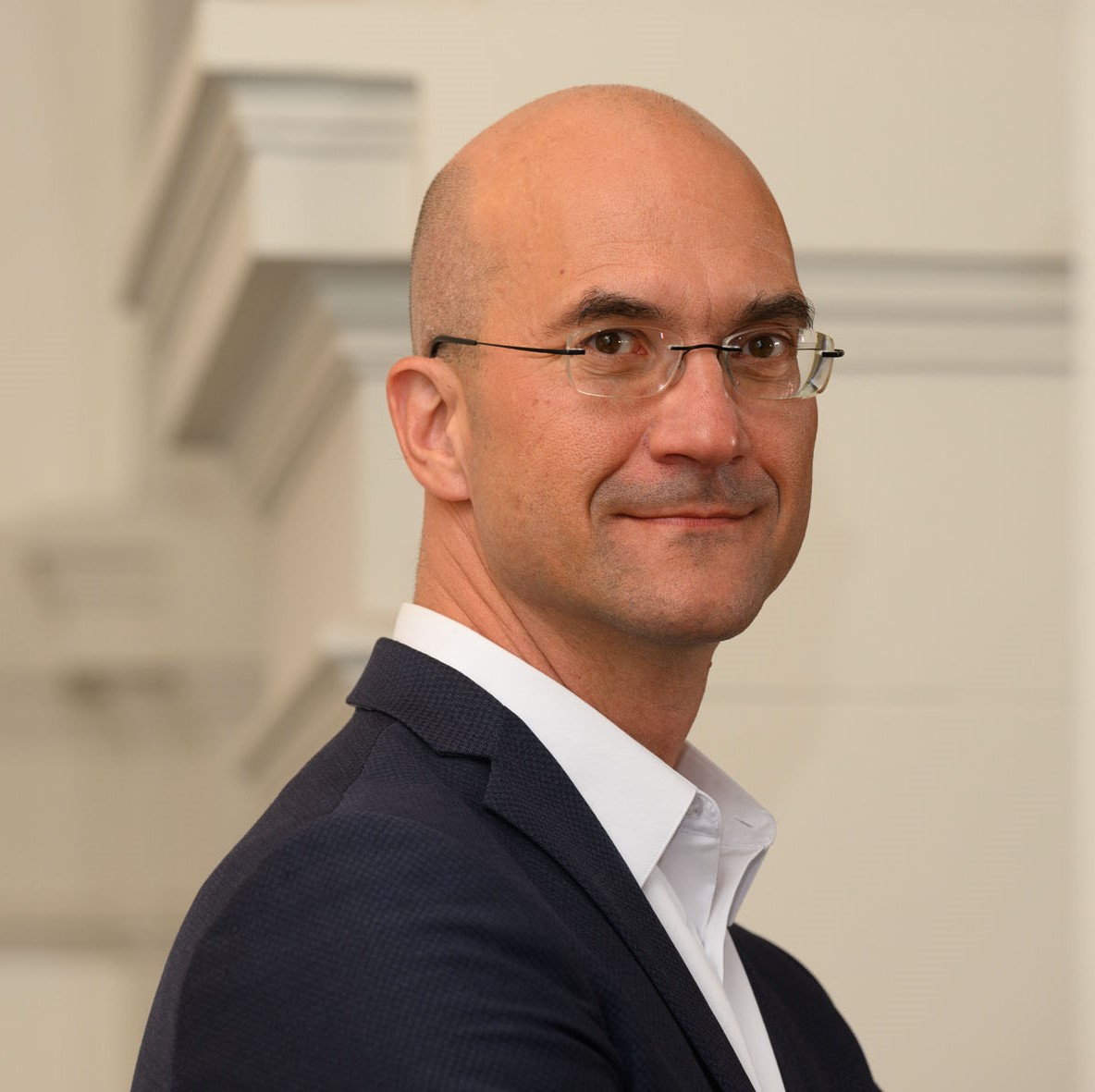
Head of the Department of Hematology, Oncology and Cancer Immunology
Charité Universitätsmedizin Berlin
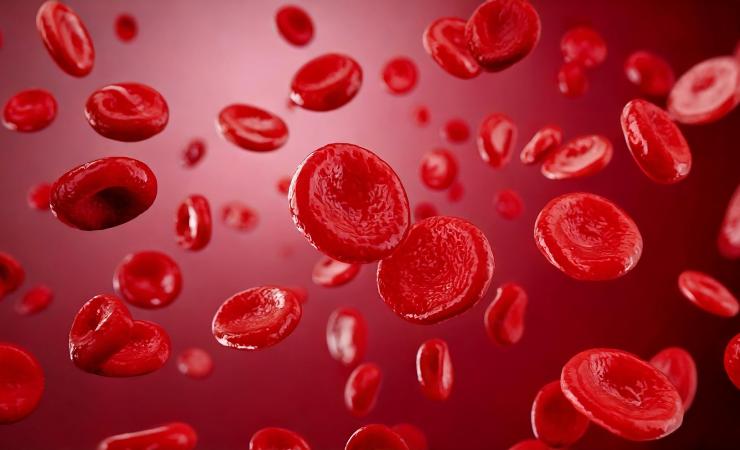
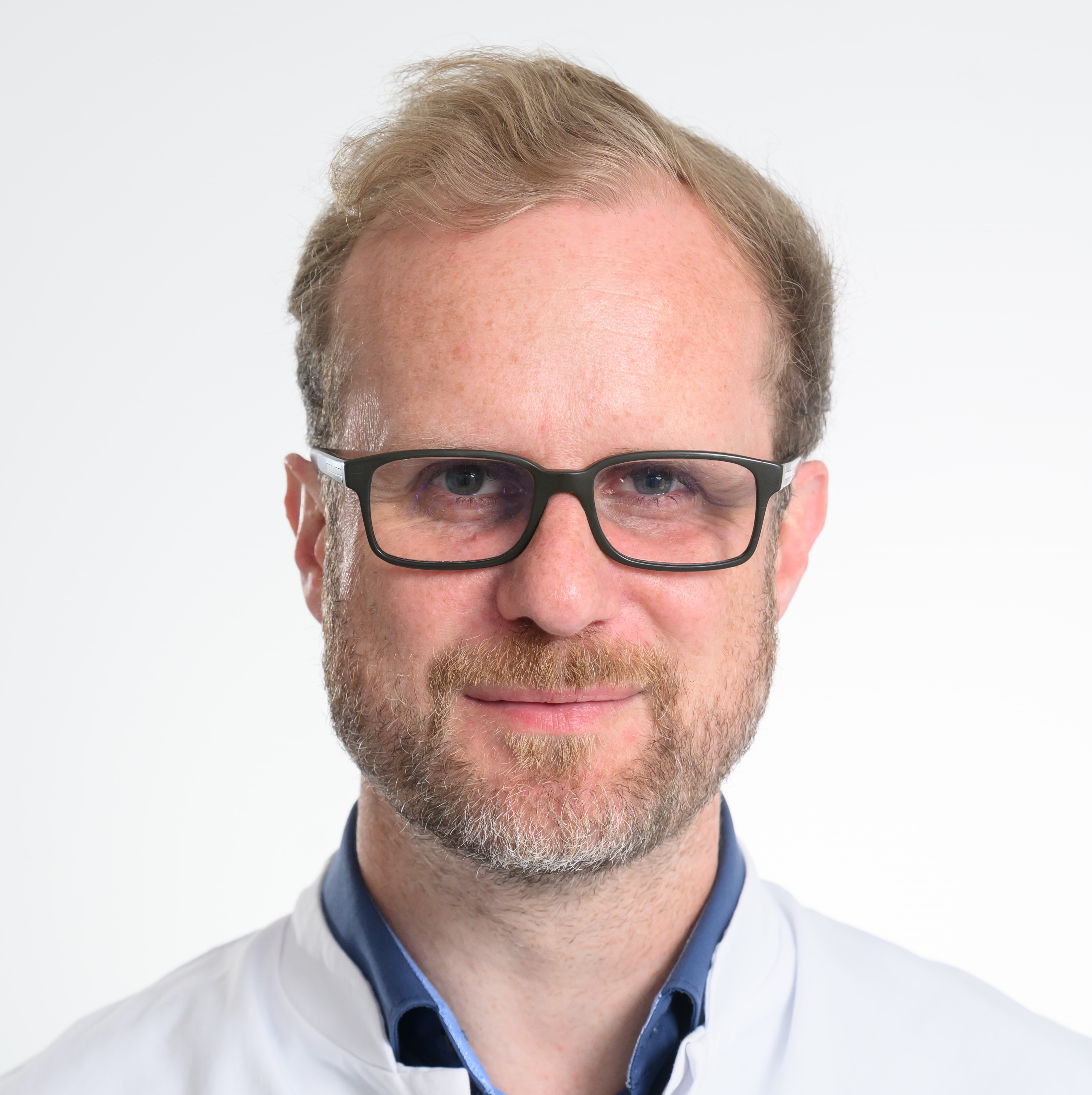
.png)